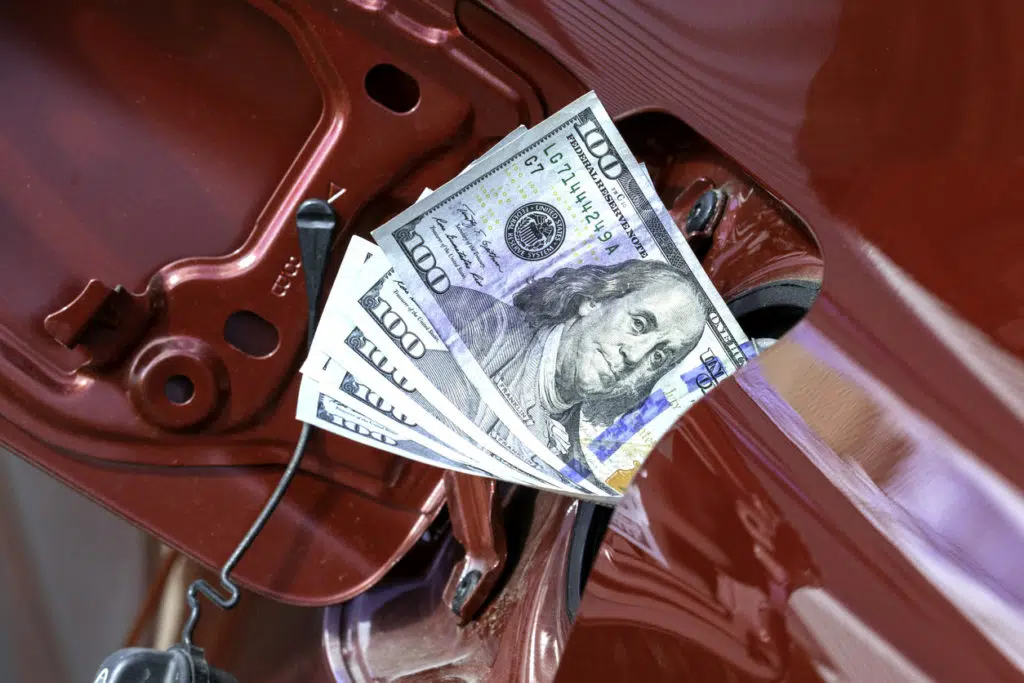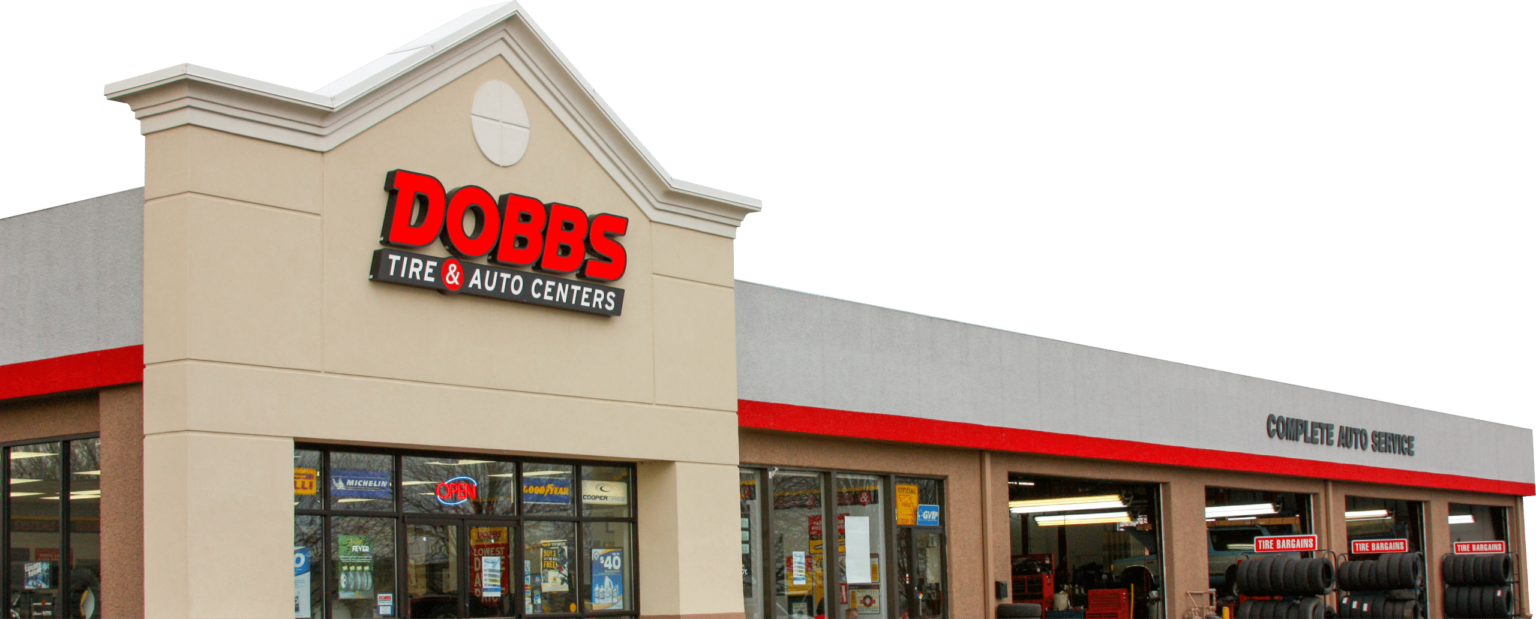Three Essential Car Maintenance Tips for Better Gas Mileage

High Gas Prices Puts a Premium on Fuel Efficiency
Gas prices continue to rise, and pain at the pump has become a common experience for drivers across the country. Adjusting driving habits is often unrealistic, but there are ways to help you get more MPGs out of your vehicle. With no sign of lower fuel prices on the horizon, car owners should focus on increasing their vehicle’s fuel-efficiency through proper maintenance. These three services can help reduce the number of fill-ups required to keep you moving.
1. Tire Inflation
It sounds simple, but making sure your tire pressure stays at optimal levels can have a real impact on a vehicle’s fuel economy. Research has shown that even a 1% decrease in tire pressure can begin to hinder a car’s performance. By some estimates, cars can lose up to 3% of their fuel economy if tires are underinflated. The reason? Adding resistance and friction with the road requires more power from your engine.
Use this metaphor to help you understand the relationship between tire pressure and fuel efficiency: A fully inflated basketball requires minimal effort to roll 10 feet. However, if you begin taking air out of the ball, the power needed to propel the ball that same 10 feet increases. Your engine needs to work harder when your tires aren’t properly inflated, resulting in reduced efficiency.
2. Air Filter Replacement
Your vehicle’s air filter is tasked with removing things like oil, small airborne debris, insects, and other impurities before the air enters your vehicle’s engine. Just like a human, your car needs to “breathe” in order to function. When you reduce the oxygen supply, your engine can “choke” – a problem that significantly reduces your engine’s efficiency. A clogged filter means your car must work harder in order to maintain the same level of performance. In some cases, this problem can result in up to a 10% percent decrease in fuel economy.
Most auto manufacturers recommend replacing your filter every 12k to 15k miles, but this can vary based on the vehicle and the everyday driving conditions. If you’re unsure about whether your engine might be due for a new air filter, visit your local Dobbs Auto & Tire Centers location to find the answer form a trusted mechanic.
3. Fuel Injector Inspection
Similar to air filters, your vehicle’s fuel injectors can become clogged over time. These small, but critical engine parts, have a direct impact on the way your vehicle processes gasoline. When a fuel injector starts to become partially blocked as a result of gas residue from fumes or other engine debris, less fuel gets passed along to your engine. This issue can result in a fuel-efficiency reduction of 20% or more.
Another common issue that occurs in fuel injectors is leakage. Again, this is caused by debris, but instead of preventing adequate gasoline flow to your engine, fuel will drip out as a result of the injector’s inability to fully seal when not in use.
Signs of a damaged fuel injector can be hard starting, engine ping, rough idling, and overall poor performance. If you notice that your engine is running rougher than you’re used to, it’s best to have it looked at by a professional. A small problem that impairs fuel efficiency can become a much more expensive repair if left unchecked.
Conclusion
You can’t control gas prices, but you can set your car up to be the most fuel-efficient version of itself. Over time, optimizing your vehicle’s performance through regular maintenance will help ease some of the stress that rising gas prices can cause car owners.
Contact us today or stop into one of our 43 convenient locations to talk with one of our expert and certified service technicians.
